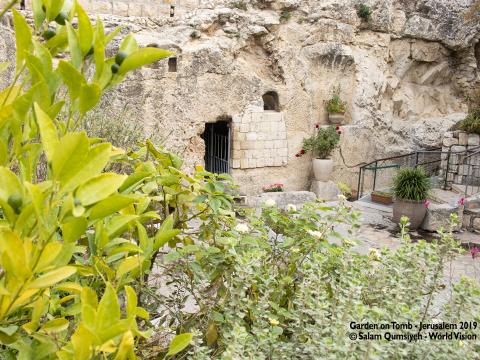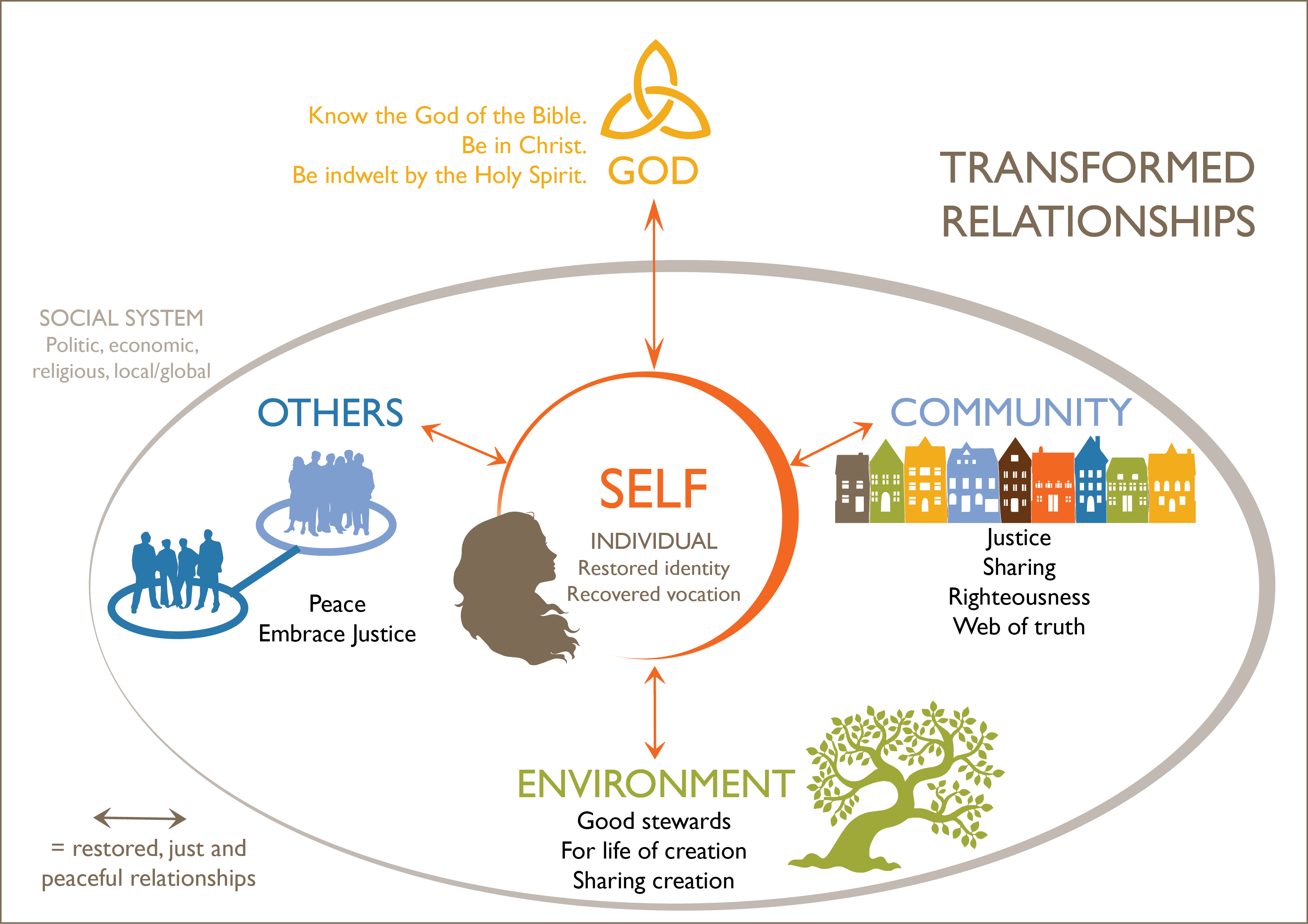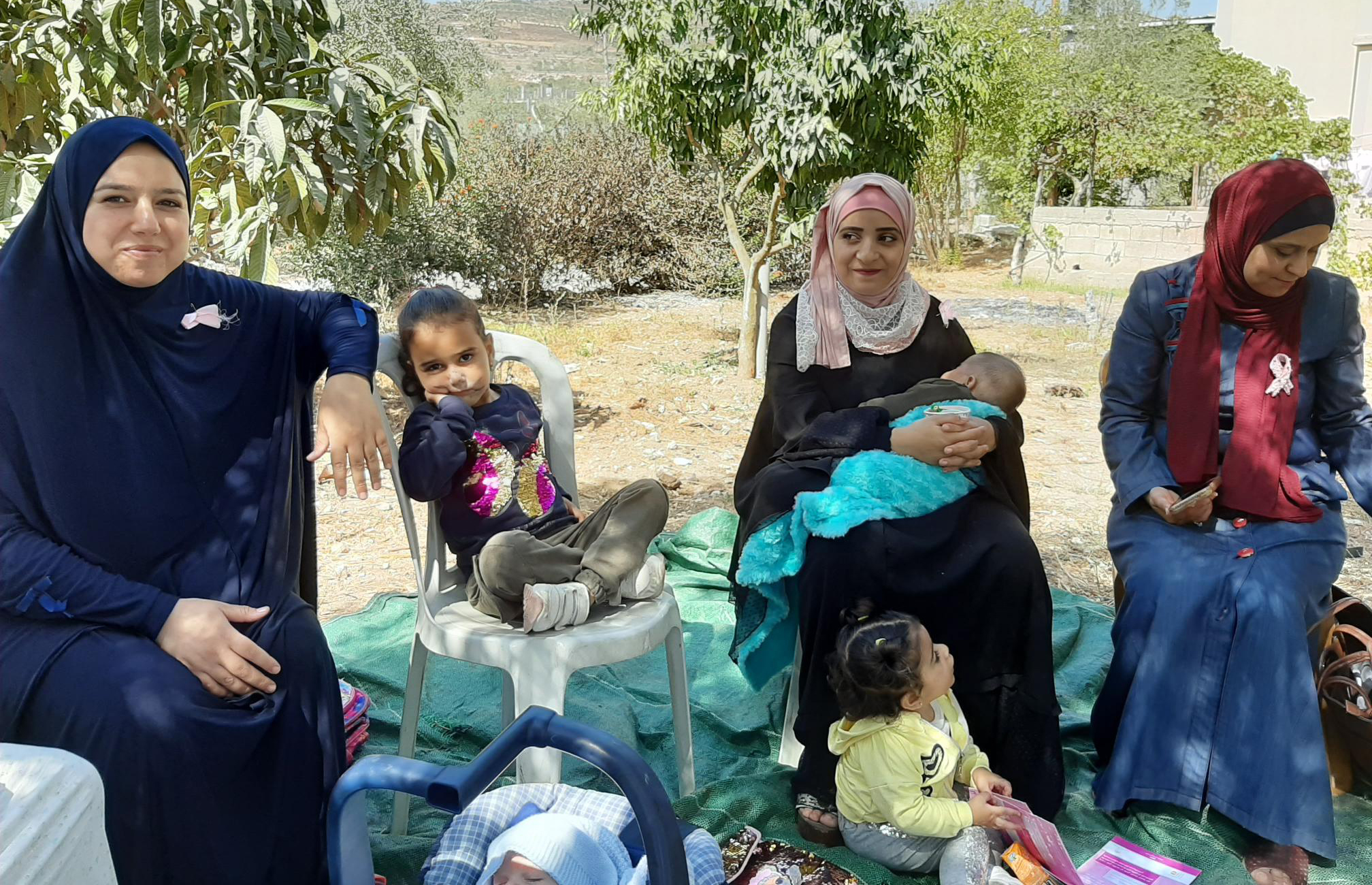The Hope of Transformation

World Vision believes humanitarian work, or the work of development, can be transformational. At the root of this understanding is a belief that poverty is ‘surmountable’ and has its origins in broken relationships. These broken relationships can be relationships within families (such between a mother and a child), within communities (such as between teachers and their students, or institutions and their intended recipients of services), and even between people and their environment or communities that are in conflict with one another. When these relationships do not function in the healthy and life-giving way God intended them to, then people experience scarcity, a lack of nurture, a lack of growth and often a lack of hope. When programmes, however, can bring change within these relationships, then we believe they contribute to transformation and become a part of bringing forth the life that God desires for children, their families and their communities.

Daily, however, it can be hard to see this transformation. The world can be a dark place and too often, the bad seems to outweigh the good. Sometimes I feel this here in our work, especially when I listen to children tell me the stories of the violence and deprivation they experience – 14 year old girls who tell how their principal used a pipe to discipline them or 11 year-old boys who tell how they were held on the ground for two hours with the boot of a soldier on their back or detained three days without contact with their parents, all because they ‘might’ have thrown stones.
In the face of such loss, such injustice, I cannot help but lament, seek, and ask, “How long, oh Lord, how long? Are we engaged in the things that you want? Is there something more you want us to do?”
I imagine many can relate to these questions as the world grapples with the pain and hardship of COVID-19. Too often, we feel trapped in the ‘trauma of Friday’, or in the ‘silence of waiting on Saturday’, if we apply the Christian metaphor. We long to live in the fullness of Sunday and we ask, “how long, oh Lord, how long?
In Alan Lewis’s book, Between Cross and Resurrection. A Theology of Holy Saturday, he calls his readers to identify with the disciples who first experienced that Friday and Saturday. Unlike us, they went through them without knowing what would happen on Sunday. For them, it was a boundary, an end to something they really believed in, an end without hope of what would come.
For the first-time traveler, however, the boundary is a frontier-barrier obstructing forward progress. One can go no further, for no more of the story has been told, no territory ahead illuminated. The end, it seems, has been arrived at; and one can only look back, review the steps already taken, and remember the steps of yesterday in their own light – or lack of it. (Lewis, p. 43)
Some days feel like an end – either in the context where I work where hope feels scarce or perhaps in the life of the world right now as we wait for COVID-19 to end without knowing when and without all the joy we can usually experience this year by being together in celebration on Easter.
And yet even in darkness, there is always hope. Sometimes I see it when we have a new report that shows the positive data of change happening through our programmes. Most often it happens when I visit with participants in our programmes, such as teachers who are learning new classroom styles through our project model, Learning Roots, or mothers who tell me they are parenting differently after participating in another programme that teaches them about Positive Discipline.

Right before the COVID-19 lock downs began, I had a chance to visit with a group of mothers participating in a project model called, Go Baby Go. In response to a simple question I asked, “what have you learned?”, I was suddenly taken into 30 minutes of laughter and joy as I listened the room erupt with energized mothers telling me their new knowledge and the ways they are now caring for their babies through breastfeeding and other nurturing, relationship building practices. Hope.
Like disciples that first Friday and Saturday, we do not know how our world will be transformed as a result of our experience of COVID-19. I do not know fully how our efforts to bring transformation in the West Bank will result. Gary Haugen, founder of International Justice Mission, defines hope as “our sustaining conviction of what is before us because of who God is.” No matter how dark a given day may be, we know what is before us because of who God is. We have the One who is able to transform wounds into blessings and bring healing to relationships. Here I find orientation. My prayer for all of us this Easter is that we will be able to remember and abide in the hope of transformation.
Thank you for partnering with World Vision. I wish you and your families a wonderful Easter.
Lauren Taylor
National Director, World Vision Jerusalem – West Bank – Gaza
World Vision is a Christian relief, development and advocacy organisation dedicated to working with children, families, and their communities worldwide to reach their full potential by tackling the causes of poverty and injustice. World Vision serves all people, regardless of religion, race, ethnicity or gender.
Our vision for every child, life in all its fullness. Our prayer for every heart, the will to make it so.